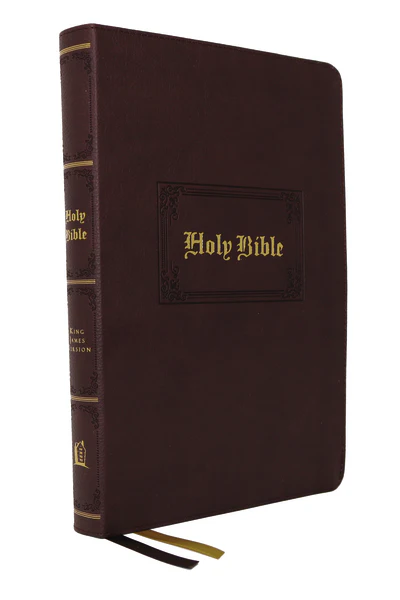Acts 21:31-40
King James Version
31 And as they went about to kill him, tidings came unto the chief captain of the band, that all Jerusalem was in an uproar.
32 Who immediately took soldiers and centurions, and ran down unto them: and when they saw the chief captain and the soldiers, they left beating of Paul.
33 Then the chief captain came near, and took him, and commanded him to be bound with two chains; and demanded who he was, and what he had done.
34 And some cried one thing, some another, among the multitude: and when he could not know the certainty for the tumult, he commanded him to be carried into the castle.
35 And when he came upon the stairs, so it was, that he was borne of the soldiers for the violence of the people.
36 For the multitude of the people followed after, crying, Away with him.
37 And as Paul was to be led into the castle, he said unto the chief captain, May I speak unto thee? Who said, Canst thou speak Greek?
38 Art not thou that Egyptian, which before these days madest an uproar, and leddest out into the wilderness four thousand men that were murderers?
39 But Paul said, I am a man which am a Jew of Tarsus, a city in Cilicia, a citizen of no mean city: and, I beseech thee, suffer me to speak unto the people.
40 And when he had given him licence, Paul stood on the stairs, and beckoned with the hand unto the people. And when there was made a great silence, he spake unto them in the Hebrew tongue, saying,
Read full chapterBible Gateway Recommends





